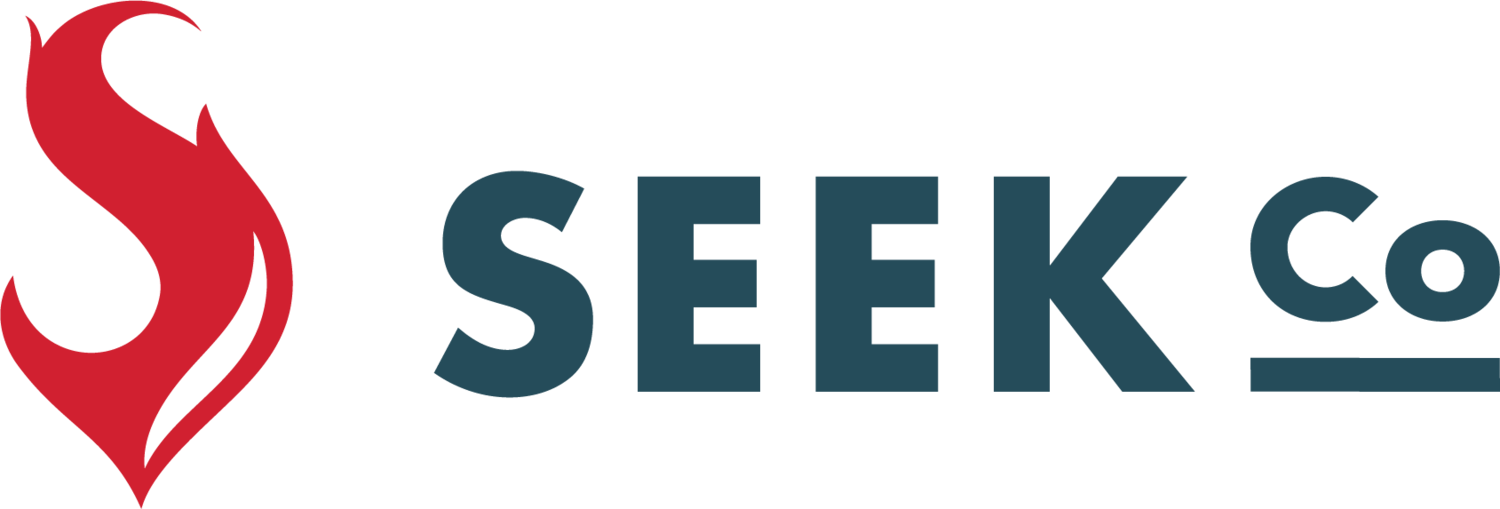5 Takeaways From Hidden Brain's: The Empathy Gym
NPR’s Hidden Brain podcast did an EPISODE CENTERED AROUND EMPATHY several months ago. Their featured guest was Stanford psychologist, JAMIL ZAKI. In the episode, Zaki argues that empathy is like a muscle — “it can be strengthened with exercise and it can atrophy when idle.” The episode goes into what it means to calibrate our empathy so we can interact with others more mindfully. The ideas that were discussed are still stuck in our minds, so we wanted to share our top five takeaways.
1. Be Aware of Your Empathy Bias
For me the biggest takeaway that we need to be aware of is this: Empathy tends to be biased/prejudiced and it begins parochially. Meaning, we are more likely to care about the people that already exist in our tribe or inner circles. This is part of where racism lives. But, the good news is that being aware of your bias or tribe is helpful in expanding your circle or tribe. -Zak Renzetti-Voit
I was amazed to consider Dan Ariely's point that if you want to predict when someone will be aggressive towards outsiders, you have to measure empathy for the in-group against empathy for the out-group. Both are relevant factors. This means in order to open ourselves up to other experiences across the divide, we have to reduce our empathy for our own group. Are we really willing to not just explore others' perspectives, but to question our own empathy that deeply? Are we even capable of suspending it? -Justin Masterson
2. Focus On What Makes Us Similar, We’re All Human
My biggest takeaway is something that we teach in our empathy training but I feel like regardless of how many times I teach it, I forget so easily in times of stress: we're all human. When we focus on what makes us similar instead of what makes us "other", empathy becomes so much easier. Our capacity for understanding widens and our ability to connect becomes just so much greater, and usually more rewarding. -Kellie Coppola
3. Empathic Responses Are Triggered By Our Memory
I also thought it was so compelling that we subconsciously predict our own empathy, and often avoid it (e.g. - we cross the street to avoid the encounter with a homeless person, as it may make us feel sad, guilty, or make us feel like we have to take action). I actually think this is a remarkable feature of our empathic response, that it doesn't just react but it remembers and tries to temper itself for situations where we may be more physically/emotionally prepared to practice empathy. -Justin Masterson
4. Collective Trauma Can Be Both a Connector And a Divider
I was really drawn to the piece around "collective trauma" and how this can both be an empathic connector and also a driving-wedge between you and another person. Oftentimes after trauma, people find a community of support or those who can familiarize themselves with your experiences. You're creating an inner circle of people who only understand one another, and outsiders (those who "don't understand") become a threat to your inner circle.
However, collective trauma, at the same time, can become something that drives you and other people or groups of people who have these shared experiences apart. It’s a feeling of, "you remind me of that bad thing that happened to me," and you push others away because they then become a constant reminder of that thing you don't want to be reminded of. In this case, collective trauma makes the very people who may be considered part of the "inner circle" actually your outsiders. I'm left pondering over the question: how fine is the line between the two, and what is the motivation to shift to one over the other? -Sarah Urmston
5. Empathy Can Be (And Should Be) Turned Off and On
The biggest takeaway for me was realizing that scheduling or asking others in your immediate circle for time to process and think about empathic interactions is not only good, or encouraged, but almost a requirement. For me, it can sometimes be hard to snap back to my own reality and responsibilities, when my mind and thoughts are consumed with the perspective or experience of someone else. -Kyle Koch
We are able to shut off empathy to protect ourselves. Empathy is hard, even though doing something on behalf of another may make us feel good in the end, the road to empathy can sometimes be riddled with guilt, sadness, exhaustion, and so many more feelings that deplete us of the energy we need to survive. This means it's natural to shy away from these situations, but it also presents an incredible opportunity for self awareness and growth. Because our bodies can naturally shut off empathy, we must choose to turn it on, and when we do, we must lean into it with our whole self. That's why we talk about how empathy is a whole body experience: head, heart and gut. -Kellie Coppola
If you haven’t already given it a listen, we’d highly suggest it! You can find it HERE. We’d love to know what your biggest takeaway from the episode was. Email us: ZAK@SEEKCOMPANY.COM

